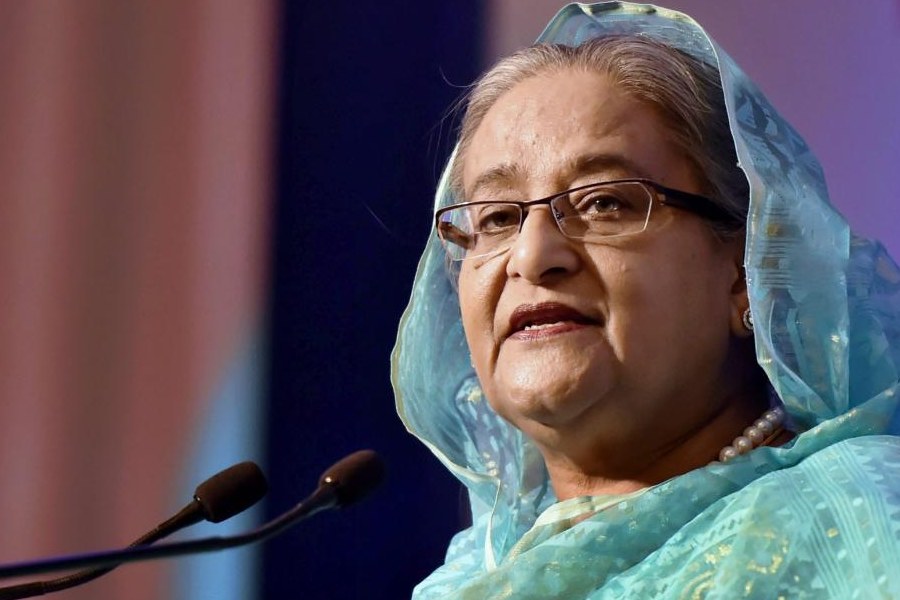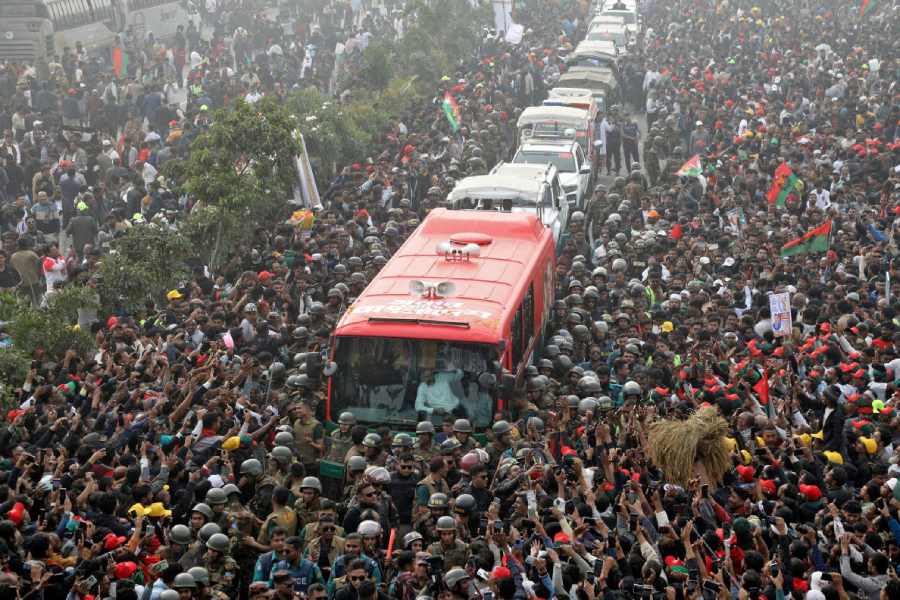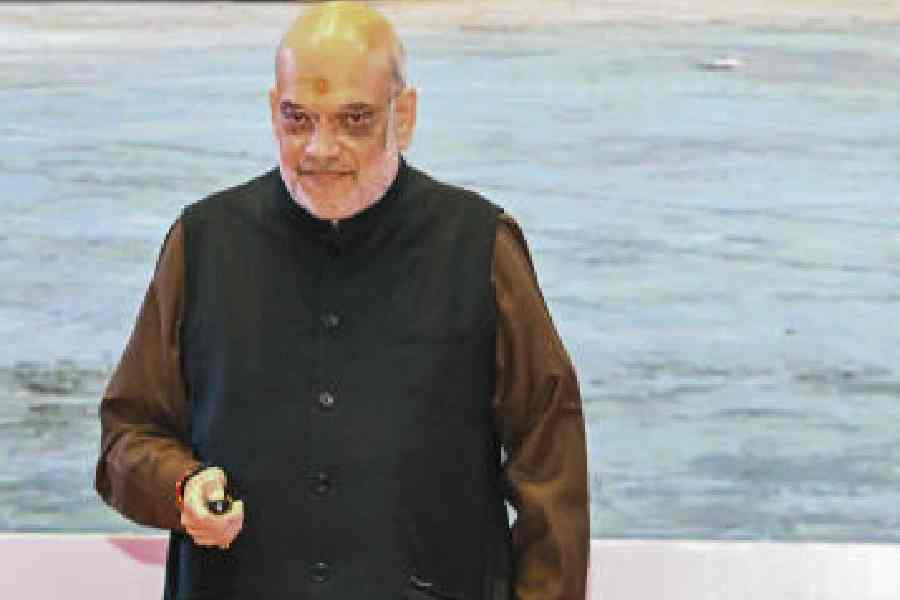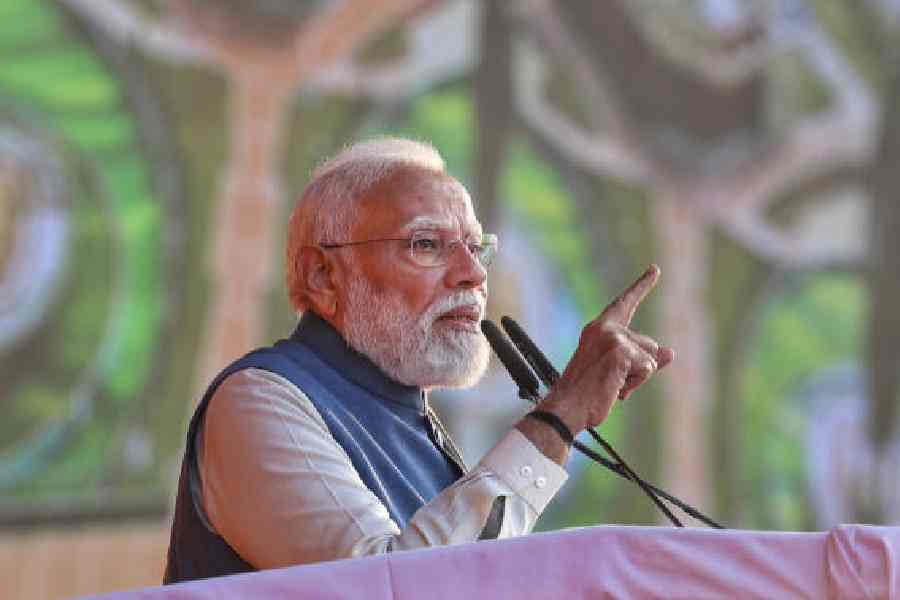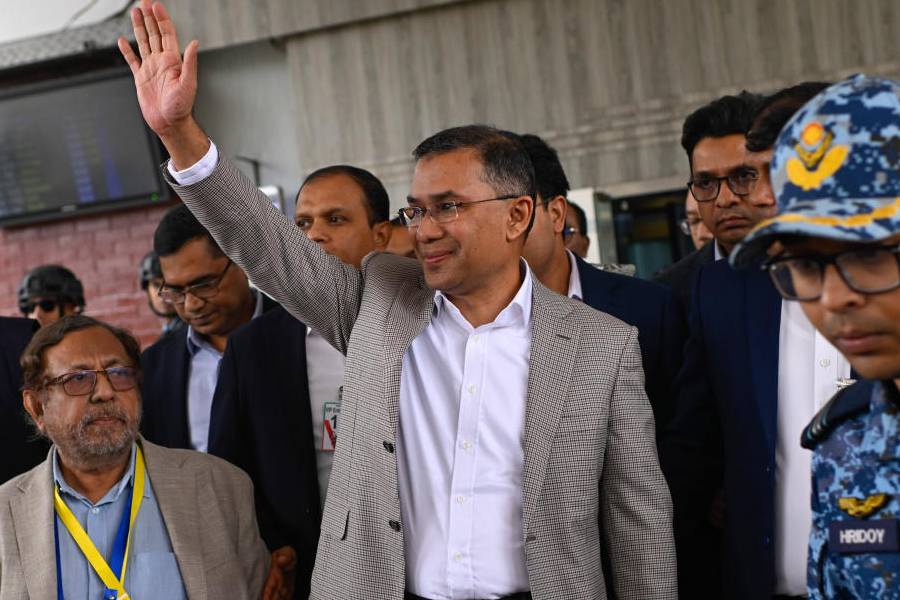
A scene from Lorai
The French footballer Zinedine Zidane once said, “I was lucky to come from a difficult area. It teaches you not just about football but also life. There were lots of kids from different races and poor families. People had to struggle to get through the day.”
This is the exact premise of Parambrata Chattopadhyay’s third directorial venture Lorai, produced by Greentouch Entertainment.
Indians have always grown up fighting. We fight every single day and live to fight the next day. I think the title Lorai is not just about a fight that’s to be won but our everyday fight to survive, to achieve and to strive.
It’s always a pleasure to watch a director influenced by a genre. One could call it a sports film. But to me Lorai is a journey, a search for the self in a world torn apart by violence, greed and social evils.
Param sets his film far away from this digital world of ours in the unknown small village of Kushumdi in the heart of Purulia, where Sebastian Ryan, a once football superstar and now a miserable, middle-aged alcoholic loner, is sent by the sports council as part of a special project to encourage young boys of ‘politically disturbed areas’ to participate in the ever joyful game of football.
Prosenjit Chatterjee is the only star on Bengali screen who has continuously challenged himself as an actor with an array of performances. From Dosar, Moner Manush, Khela to Shob Charitro Kalponik, Autograph, Hanuman.Com and Shanghai, this man has tried to change himself with every film in the past decade.
Kudos to Mr Chatterjee for taking up the challenge to fit into the shoes of Sebastian Ryan, the arrogant, wretched and alcoholic football coach on his path to redemption.
The moment his transport stops on the dry lands in the middle of nowhere, one is immediately reminded of Michelangelo Antonioni’s Passenger. The title card Lorai fades in at this point. From here on starts a remarkable tale of struggle. Struggle with oneself. Struggle against all that’s wrong with our situation. And my friend Parambrata tells the tale of this struggle with humility, compassion and a whole lot of twists.
Parambrata’s choice of genre as well as his concept set me thinking not just about the film but about contemporary Bengali cinema and its new breed of young filmmakers. It’s actually a breath of freshness to watch a young filmmaker daring to get away from the glossy plastic world of our city to engulf an earthy India far bigger than our provincial smartphone existence.
The charm of the film lies in this rusticity, an essence that’s beautifully and painstakingly shot by cinematographer Gopi Bhagat. At a time when crores of money are spent on stilted productions like Bhaag Milkha Bhaag and Mary Kom, Parambrata and his young crew of technicians and film lovers alike deserve a pat on their back for resorting to simplicity and the sheer power of performance.
In fact, herein lies the strength of the film, in the beautifully crafted characters of the underdogs of Kushumdi. A big salute to my friend Parambrata for taking the pain to choose carefully and cast young men from theatre. And it is this bunch that never lets him down and makes us sit up till the end.
Kharaj Mukherjee’s ever optimistic and pleasing Mokhtar is the actor’s most pleasant performance since Patalghar. Just when one stopped expecting anything from Kanchan Mullick, he surprises as the chicken thief. His funny ostrich-like Doa with all its oddities and idiosyncrasies will keep you glued till the end. In fact, Doa’s perfectly crafted introduction and climax are two of the most enjoyable sequences in the film.
The face of Hembram (Poltu Polley) is by far the most expressive face in the film. It reeks of hardship, deprivation, struggle and a lot of love. His unabashed smile will stay with me for a long, long time. Apurba Roy as the innocent and under-confident Haagu is yet another discovery. But the surprise of the film lies in its two young actors — Indrasish Roy as Deepnarayan, the rakishly handsome captain of the football team, is stunning. And debutant Kaushik Kar as the quiet and confident Chipla Mahato is brilliant. Both these fine young actors show a lot of promise. I sincerely hope that contemporary Bengali cinema will give these two actors further scope to prove their talent.
However, I need to share a particular observation. After Sebastian’s encounter with the extremist rebel leader Manas
(a surprise appearance by Parambrata himself), I had hoped that a strain of Manas’s philosophy would remain with the coach in spite of their vast difference.
In the penultimate scene when Deepnarayan, after learning about Chipla’s involvement with the rebel group, comes charging at Sebastian, why didn’t Sebastian confront Deepnarayan directly about his family’s past misdemeanors? In a story of the marginalised, I think Manas is an embodiment of the same in spite of being an extremist. The Sebastian Ryans and the Manas of this world will always remain outsiders, no matter how much our governments try to integrate them with special projects. It is here that Manas’s lorai becomes Sebastian’s ‘lorai’ too, no matter how little.
While Indraadip Dasgupta’s background score is fitting in parts, this film did not require so many songs. Musically perhaps, this film could have been minimal. I loved the gentle accordion melody accompanied by a stringed instrument used in a couple of scenes after Sebastian Ryan enters Kushumdi. I wish it were explored as a theme in the film.
Lorai is Parambrata’s third film as a director and by far his best. I sincerely appeal to the Bengali audience to watch it on the big screen right away instead of cribbing about how good movies are not being made in Bengal.
The canvas of contemporary Bengali cinema is quite large now — in terms of its variety in concepts, subjects as well as the scale of production, whether it’s the coming of new makers, young dynamic producers or the influence of television, I don’t know. And it doesn’t really matter. ’Coz right now it’s all about the struggle. Almost everyone is struggling in this industry, be it a superstar or a fresh young actor, be it a National Award winner or a box-office moghul, EVERYONE is struggling and struggling hard to remain afloat. These are difficult times. And just like Sebastian Ryan and his team of 11 young boys of Kushumdi, we fight every single day and live to fight the next day.
Yet it feels great to be a part of this fight. And I wouldn’t trade this for any other. Ever.
What is your view of Lorai?
Tell t2@abp.in


